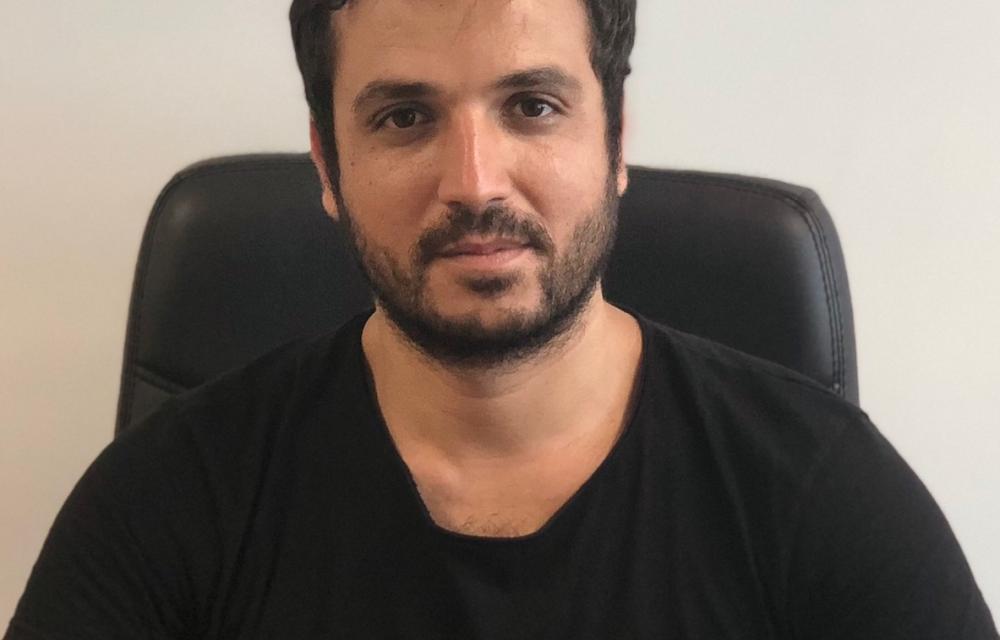A 12 month Marie Sklodowska Curie Fellowship funded by the European Commission (and UKRI guarantee scheme), September 2023 - August 2024.
Analyses of whether status of slaves in Roman law can provide resolution for inventorship/ ownership issue of artificial intelligence systems in patent law.
This project aims to analyse the legal status of slaves in Roman law as a resolution to inventorship issue of the inventions autonomously generated by an artificial intelligence (AI). This issue arose with a patent application filed to the European Patent Office (the EPO) in which DABUS, an AI, is named as inventor by Stephen Thaler, the inventor of DABUS. In the application, it was stated that he had acquired the right to the patent as employer. It was also stated that he, as the owner of DABUS, was to be acknowledged as
the assignee of the requested patent. The application was rejected by the EPO on the ground that the term “inventor” refers to a real person under the European Patent Convention and the AIs do not have a legal personality. As the AIs do not have legal personality comparable to natural and legal persons, they can be neither employed nor transfer rights.
At this point, the status of slaves in Roman law can provide a legal solution for transferring the right to apply for patent between AI inventor and natural or legal person applicant. The advantage of this solution is that it offers an intermediate resolution comparing to the “no patent protection to AI generated inventions” and “granting AI legal personality” approaches. The goal of this project is to fulfil the legal gap between the applicant and inventor by granting special legal status to AI which is inspired from Roman law.


